It’s December, and let’s be honest, we’ve earned a moment to just sit back and catch up on the things we’ve been putting off—good food, better company, and a long list of films that demand our attention. But there’s one I need to tell you about—Death of a Whistleblower. It’s not just another movie; it’s a story that shook me, made me think, and frankly, left me wanting to tell everyone about it.
Directed by Ian Gabriel and starring the amazing Noxolo Dlamini, this film doesn’t spoon-feed you or let you off the hook. It’s sharp, intense, and deeply human. And here’s the thing: it’s not just a thriller about corruption and justice—it’s about the quiet people who decide, against all odds, to tell the truth. The kind of truth that could cost them everything.I sat down with Ian Gabriel after watching it—twice—and the conversation stuck with me. You know when you leave a film, and it feels like there’s this knot in your chest, but in the best way? That’s what Death of a Whistleblower does.
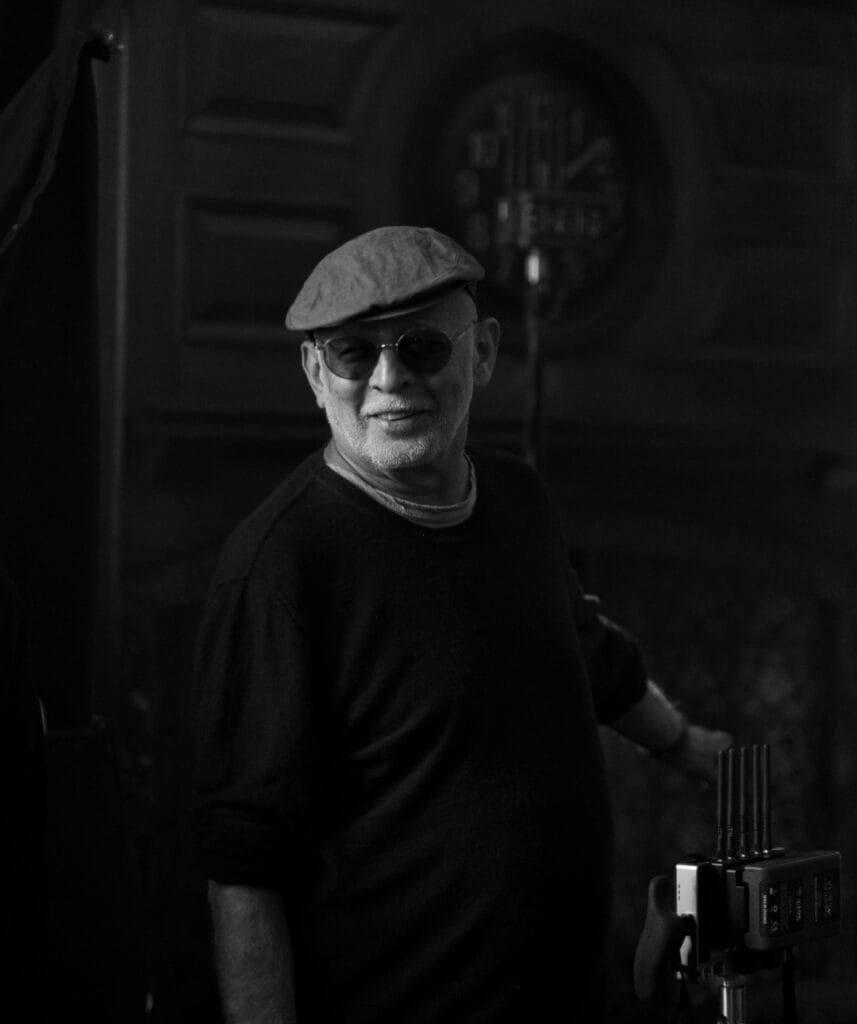
I told Ian, “Post-apartheid isn’t the clean slate people think it is. Racism didn’t vanish. Corruption didn’t dissolve overnight. These are the realities we live with, and they need to be seen and discussed.” He agreed, but what struck me most was his quiet resolve about why he tells these stories. “Films,” he said, “are an attempt to look into the past, to show what can be, and to demand something better.”
You see, Ian Gabriel is not here for fluff. He’s a storyteller who peels back the shiny layer we like to present to the world and shows us what’s underneath—flawed systems, unfinished wounds, and the people brave enough to try to fix it. And the bravery doesn’t just sit with whistleblowers in the film. Ian himself is a kind of whistleblower, though he’d never say it. He tells stories that expose uncomfortable truths and forces us to see things we might rather look away from.
“I love bringing things to light,” he told me, “because sometimes that’s what it takes to raise awareness. To push us toward something better.”

The film itself is gripping in the way it unfolds. It pulls you into the shadowy underworld of military corruption and illegal arms deals, but it never loses sight of the humanity in the story. Whistleblowers aren’t superheroes—they’re people. Scared, tired, and often alone, but they keep going because someone has to. Noxolo Dlamini carries this weight beautifully. You feel the fear, the isolation, but also the stubborn determination to do what’s right.
And here’s what really got me: this story feels so South African, but it’s also universal. We’ve all seen the headlines, we’ve all heard whispers about corruption in dark corners, but how often do we think about the people who stand up and say, “Enough”? Ian calls them the “silent heroes,” and he’s right. They don’t wear capes. They don’t get applause. But they keep the world accountable.

When I asked him why he keeps returning to these themes—post-apartheid struggles, unfinished justice—he smiled and said, “Because they matter. The more filmmakers who tell our stories, the better we’ll be. Telling our stories is what separates us. It’s what the world wants to know.” And this is where I wanted to jump up and yell, “Yes!” Because he’s right. Our country has so much more to say. Outside of Mandela, there are heroes, tragedies, victories, and realities waiting to be told.
So, here’s why you need to watch Death of a Whistleblower. Not because it’s “important”—even though it is—but because it’s real. It’s South Africa laid bare: flawed, painful, and hopeful. It’s a film that makes you uncomfortable in the best way, like a friend who tells you the truth even when you don’t want to hear it. It reminds you that our stories are messy, but they’re ours, and they’re worth telling.
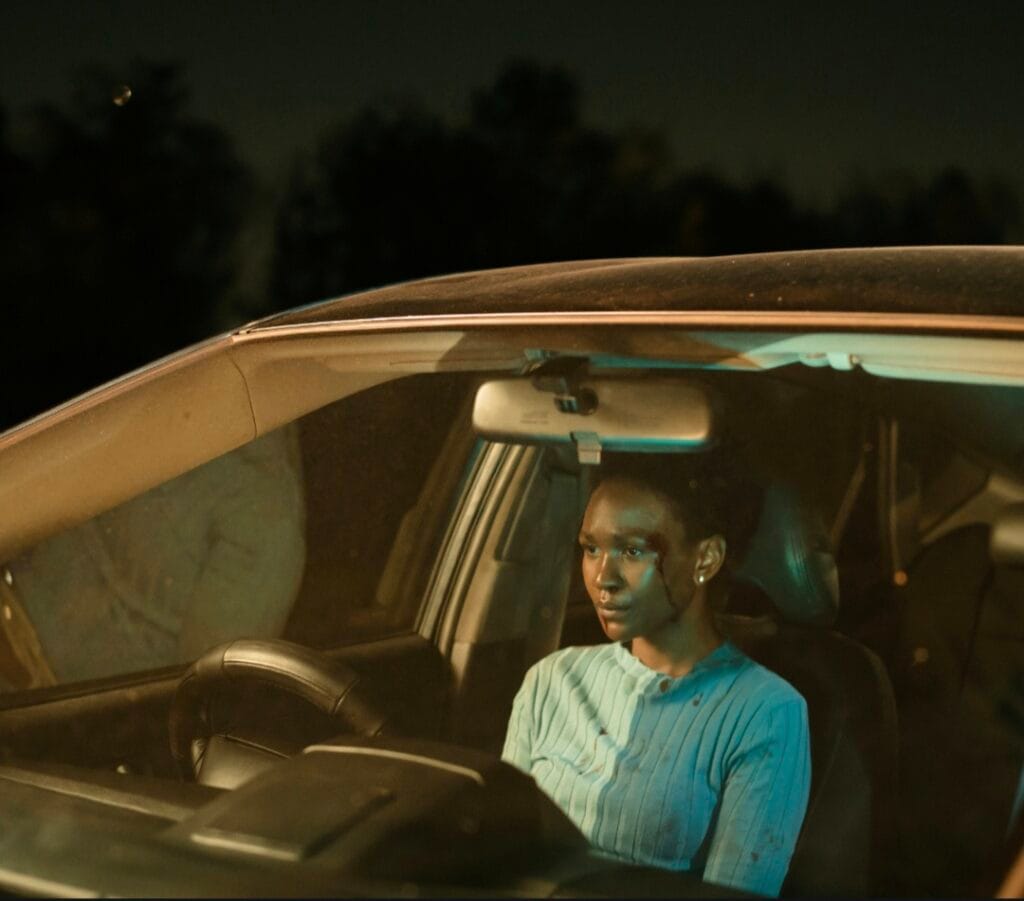
Ian Gabriel said something during our conversation that I can’t stop thinking about: “The stakes are life or death for whistleblowers, yet they go forward because someone has to.” That’s the heart of this film. It’s a story about courage, and in a time when the truth feels fragile, courage matters more than ever.
Stream it on eVOD or Amazon Prime this December. Watch it with someone you trust and talk about it afterward. Let it challenge you, let it inspire you, and most importantly, let it remind you that telling the truth—no matter how hard—is the first step to something better. And who knows, maybe you’ll walk away ready to tell your own story. Because South Africa still has so many stories to tell, and the world is listening.
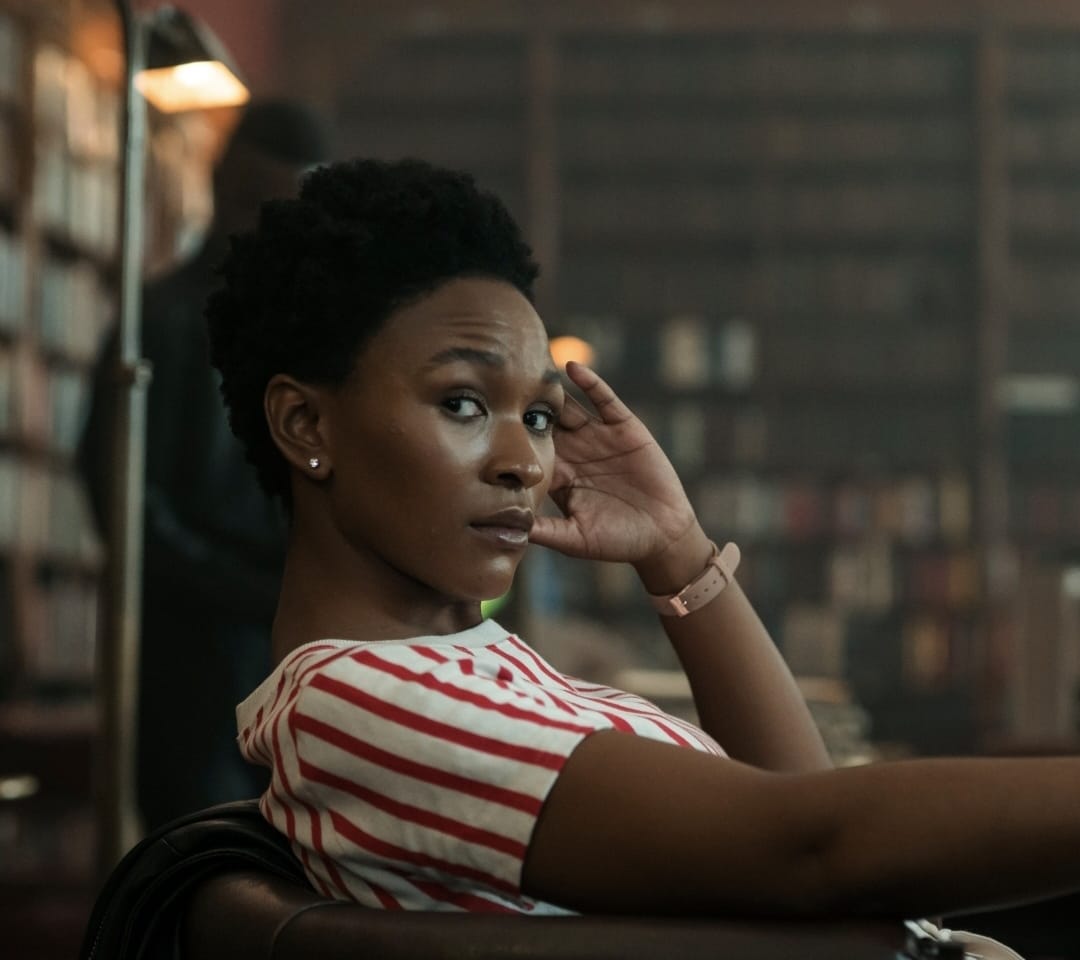


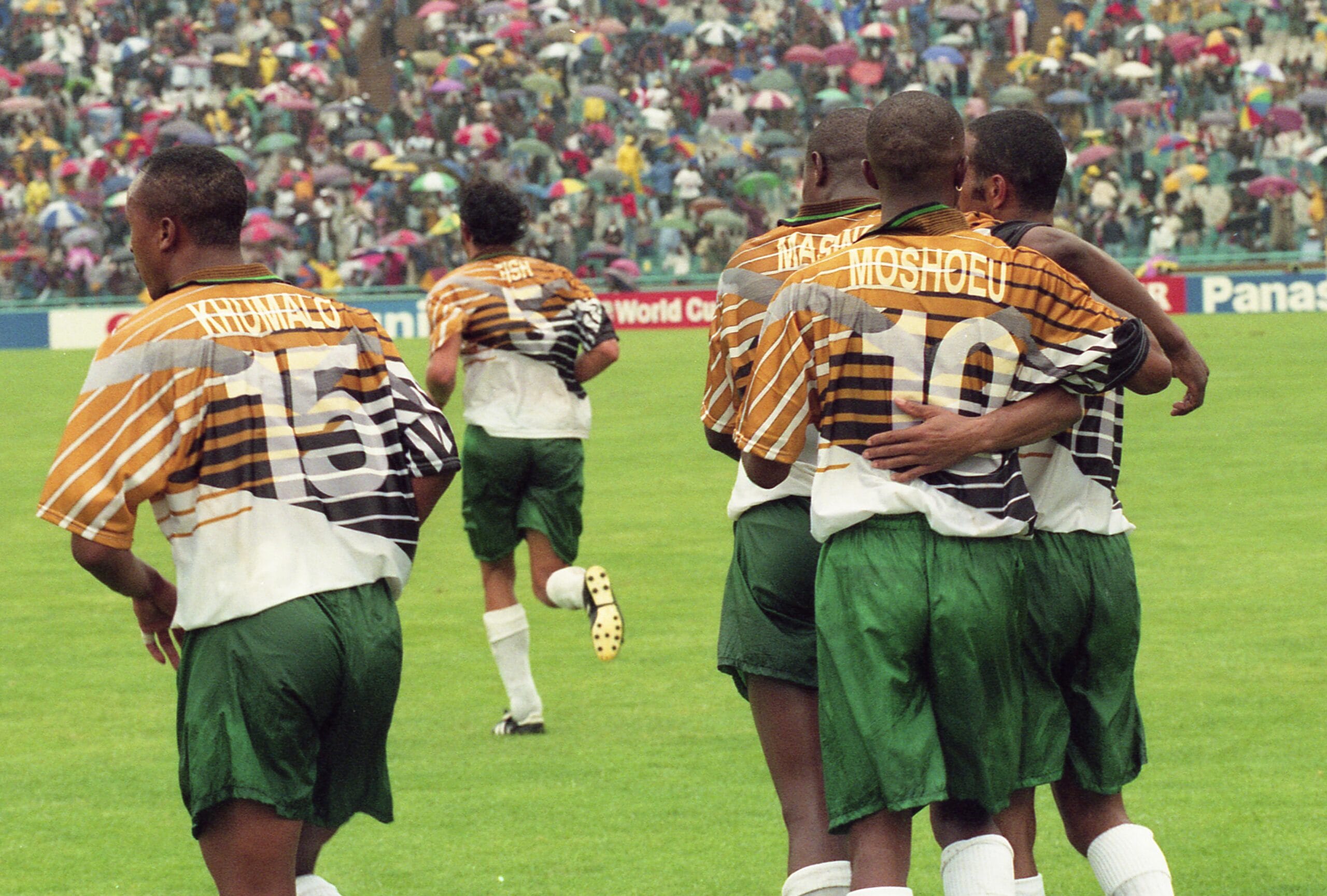

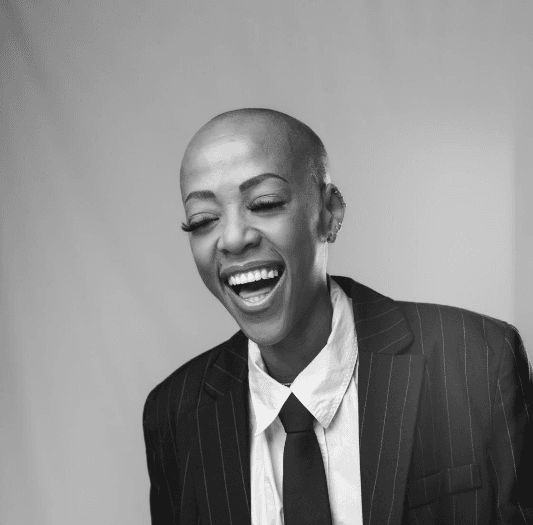
No Comments